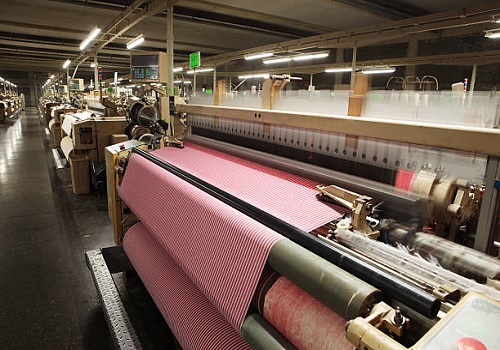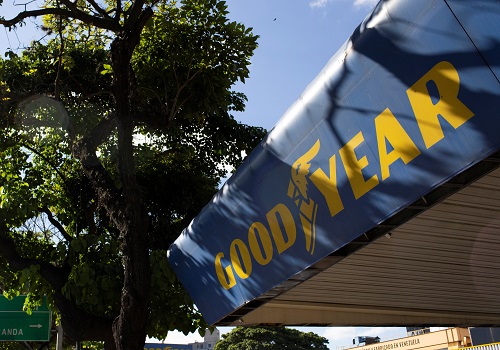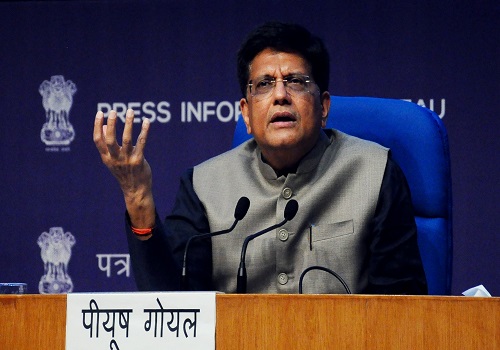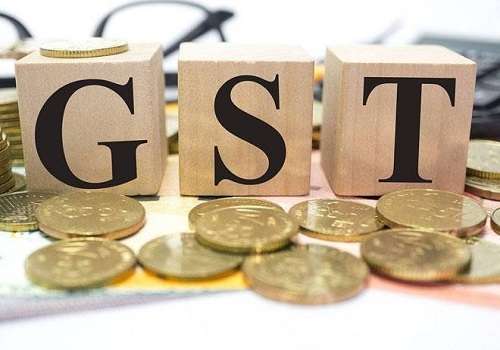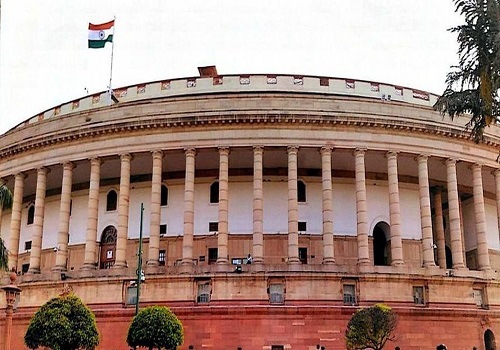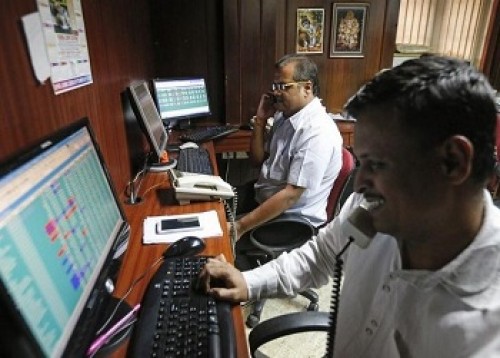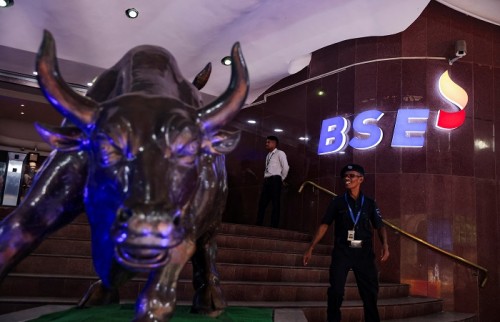Indian shares snap 3-day slide as IT, metals rise; Fed minutes eyed
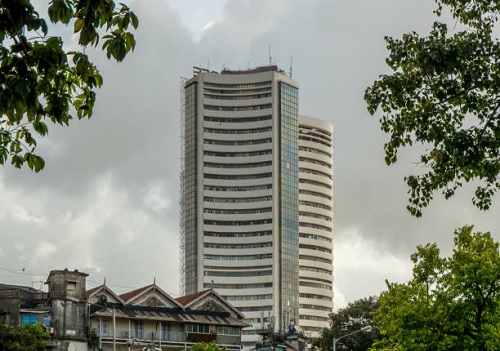
Follow us Now on Telegram ! Get daily 10 - 12 important updates on Business, Finance and Investment. Join our Telegram Channel
India's stock benchmarks snapped a three-day losing streak on Tuesday, helped by a rise in information technology and metal companies, tracking a recovery in global investor sentiment.
Although, worries over COVID-19-induced curbs in China and the looming minutes from the U.S. Federal Reserve's last policy meeting, due to be released on Wednesday, capped further gains in the domestic markets. [MKTS/GLOB]
The S&P BSE Sensex ended up 0.45% to 61,418.96 and NSE Nifty 50 index added 0.46% to 18,244.20.
Sectorally, public sector banks rose 1.7%, while metal and information technology indexes rose 0.9% and 0.81%, respectively.
"Investors will avoid large bets ahead of the minutes as they seek further clarity on the rate path, although markets have already priced in that the pace will come down," said Anita Gandhi, director at Arihant Capital Markets.
Most traders are betting on a 50-basis point hike in December after a raft of 75-bps increases.
Among stocks, IndusInd Bank and JSW Steel were top gainers in bluechip Nifty 50 index, rising 2.7% and 1.7%, respectively.
Shares of digital payments firm Paytm's parent One 97 Communications Ltd fell over 11% to a record low of 474.30 Indian rupees, during the session. The slide came after Macquarie warned of risks due to competition from Jio Financial Services.
Shares of electronics manufacturer Kaynes Technology India Ltd jumped as much as 33.9% in their market debut.
Meanwhile, Indian economy likely grew 6.4% in July-Sept quarter, Barclays estimated in a note.
"While we see room for continued outperformance, India's growth trajectory is pointing to a soft landing, as the impact of slowing global activity, elevated and sticky commodity prices, and tighter domestic monetary conditions take a toll," Barclays economists said.



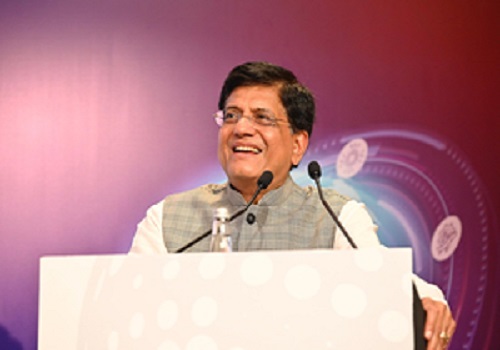

.jpg)




Top News

Rss Feed Central government`s fiscal deficit touches 39.3% of full year target in first half...
More News

Gravita India rises as its arm starts commercial production of Rubber Recycling in Tanzania

